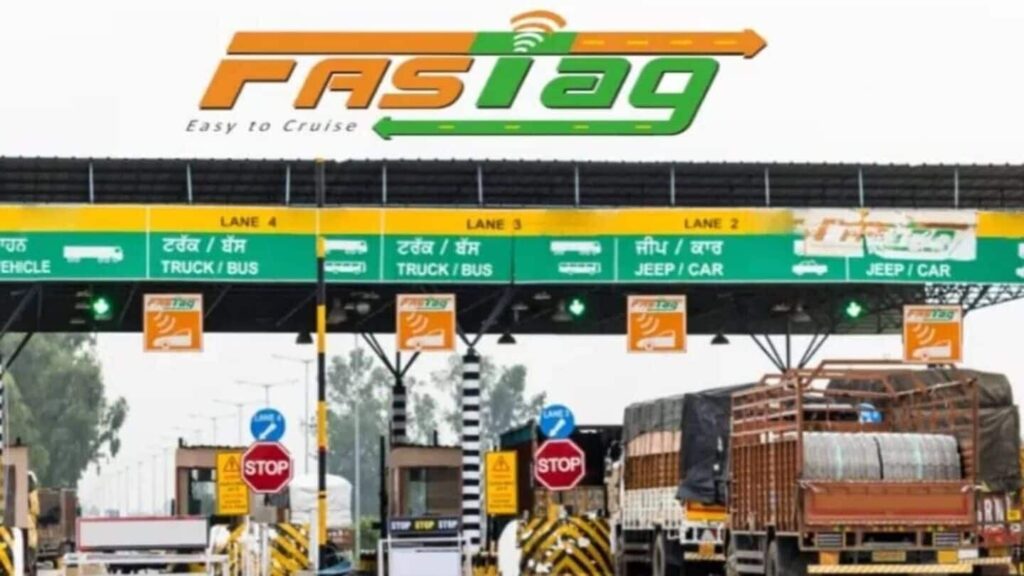The central government is working on a new toll collection system that could allow private vehicle owners to pay a single annual fee of ₹3,000 for unlimited travel on national highways. This initiative aims to improve highway travel, cut costs, and simplify toll payments through digital technology.
The proposed FASTag Annual Toll Pass would replace the current per-journey toll payments. With this pass, private vehicle owners could travel across national highways and expressways without recurring toll deductions at every booth. The goal is to reduce congestion, encourage digital payments, and offer a smoother travel experience with a one-time fee. The system may use GPS and automated tracking to support revenue collection and ensure fair compensation to toll operators.

Two payment models are under consideration. The first is the annual toll pass, charging a flat ₹3,000 fee for unlimited access to national and state expressways. This model benefits frequent travelers, such as daily commuters and commercial vehicle operators, and reduces the need for frequent FASTag recharges or monitoring toll deductions. It also supports the government’s push toward digital payments and simpler governance.
The second model is a distance-based pricing system that charges ₹50 per 100 kilometers, designed for occasional highway users who may not benefit from an annual pass. This option lets drivers pay based on actual usage, providing flexibility and fairness.
The new system would not require users to submit fresh documents or update accounts if they already have FASTag. It is planned to integrate smoothly with the existing FASTag infrastructure to avoid disruptions. Earlier proposals for a ₹30,000 lifetime FASTag valid for 15 years have been dropped in favor of more flexible tolling options.
Another key feature of the plan is the removal of physical toll barriers. The government intends to replace boom barriers and sensor systems with a fully barrier-free system using technologies such as automatic number plate recognition (ANPR), satellite tracking, or GPS. This would allow vehicles to pass through toll points without stopping, reducing congestion, fuel wastage, and delays.
No official timeline for implementation has been announced yet, but the proposal reflects a broader shift toward digital solutions and greater user convenience in India’s transport policy.
